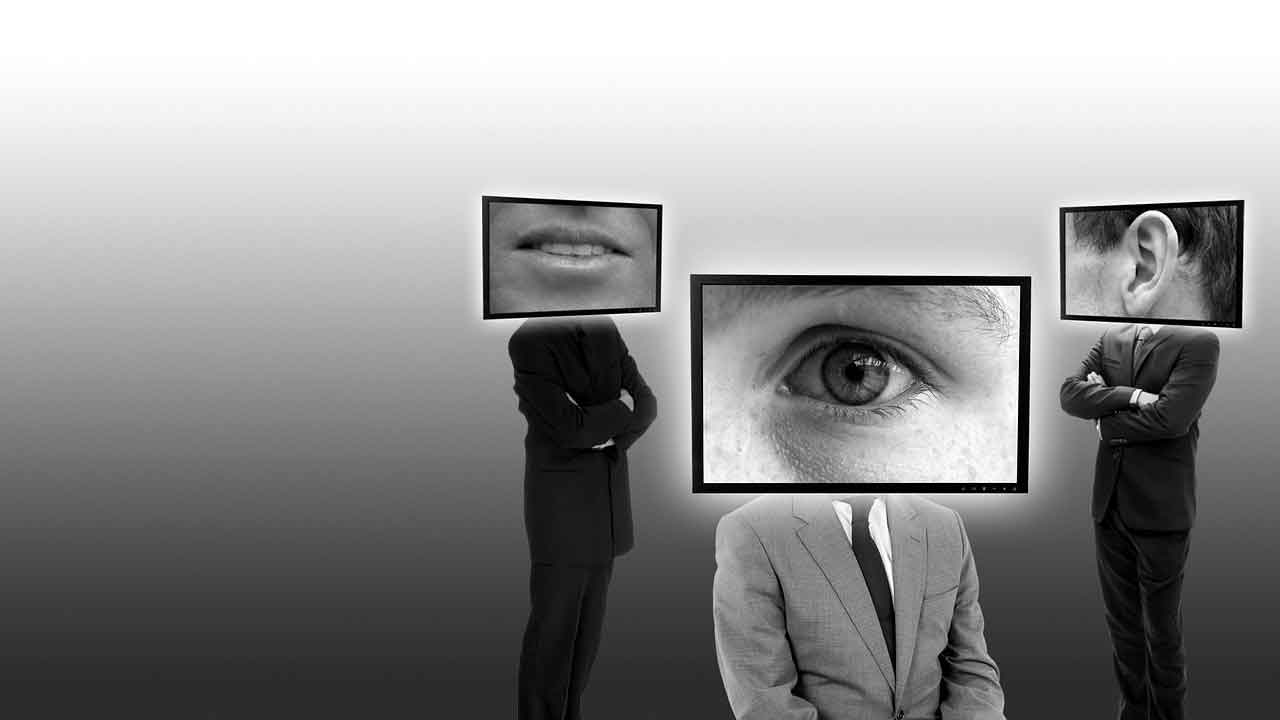The Defense Technical Information Center (DTIC) is a U.S. Government agency and provides information on this website as a public service of the U.S. Department of Defense. It includes both material that is and is not protected by copyright law.
What is not protected by Copyright.
U.S. Government works prepared by officers and employees of the U.S. Government as part of their official duties are not protected by copyright in the U.S. (See 17 USC §105). These works may be copied and distributed in their entirety without permission. Users should note and attribute the U.S. Government agency and private author when incorporating works of the U.S. Government in a copyrighted publication. (See 17 USC §403)
Caution: Be advised that government works may contain copyrighted material (e.g. quote, photograph, chart, drawing, etc.) used with permission. Copyrighted material incorporated in a U.S. Government work retains its copyright protection. Permission from the copyright holder may be necessary if you wish to reproduce this material separately in another context.
What is protected by Copyright.
Contractors and grantees are not considered Government employees; generally they hold copyright to works they produce for the Government. Other non-Government organizations and authors, including foreign governments and international organizations, also hold copyright in their works.
U.S. Government Uses of Copyrighted Works
DTIC provides copyrighted materials under a nonexclusive, irrevocable, paid-up royalty-free worldwide license which permits the U.S. Government to use, modify, reproduce, release, perform, display or disclose these works by or on behalf of the U.S. Government. Federal employees and agencies may use these works in accordance with the Government data rights license.
General Public Uses of Copyrighted Works
The Government license in copyrighted materials is non-transferable to the public. The Copyright Law of the United States (Title 17, United States Code) governs the making of photocopies or other reproductions of copyrighted material. Based on your analysis, you may need to seek permission from the copyright owner if your intended use of copyrighted information is beyond the limitations on author exclusive rights allowed by law (17 USC §107 - §122).
DTIC Products
Databases and some publications created by DTIC staff are works of the U.S. Government. These may be reproduced or used without permission. DTIC should be acknowledged as the source. Credit byline: Defense Technical Information Center. U.S. Government Work (17 USC §105).
Technical Reports Database
Citations not copyrighted
Citations to individual documents in the DTIC Technical Report (TR) Database are created by DTIC federal employees. These are U.S. Government works and may be reproduced or used without permission from DTIC.
Attribution: Scholix metadata for datasets found on PubDefense has been provided by OpenAIRE ScholExplorer and is licensed under a Creative Commons Attribution License.
Full-Text documents may be copyrighted
Individual full-text documents will have different copyright conditions that will be noted on those documents or in the citation.
Linking
DTIC encourages links to our World Wide Web pages. No permission is required to link to public release information. Some of the documents may contain live references (or "pointers") to information created and maintained by other organizations. DTIC does not control and cannot guarantee the copyright status, relevance, timeliness, or accuracy of the outside materials. Users should review each document to determine its copyright status and whether use is appropriate.
Permissions
It is the user's responsibility to determine the copyright status of a work and whether additional permission from the copyright holder is necessary. DTIC can not confirm copyright status for any item. DTIC, as a policy, does not sign documents stating that particular items are not copyrighted. Government works are not copyright protected; therefore, no written permission is required to use them. For all other works, permission should be obtained directly from the copyright holder.
Copyright Guidance [PDF]

